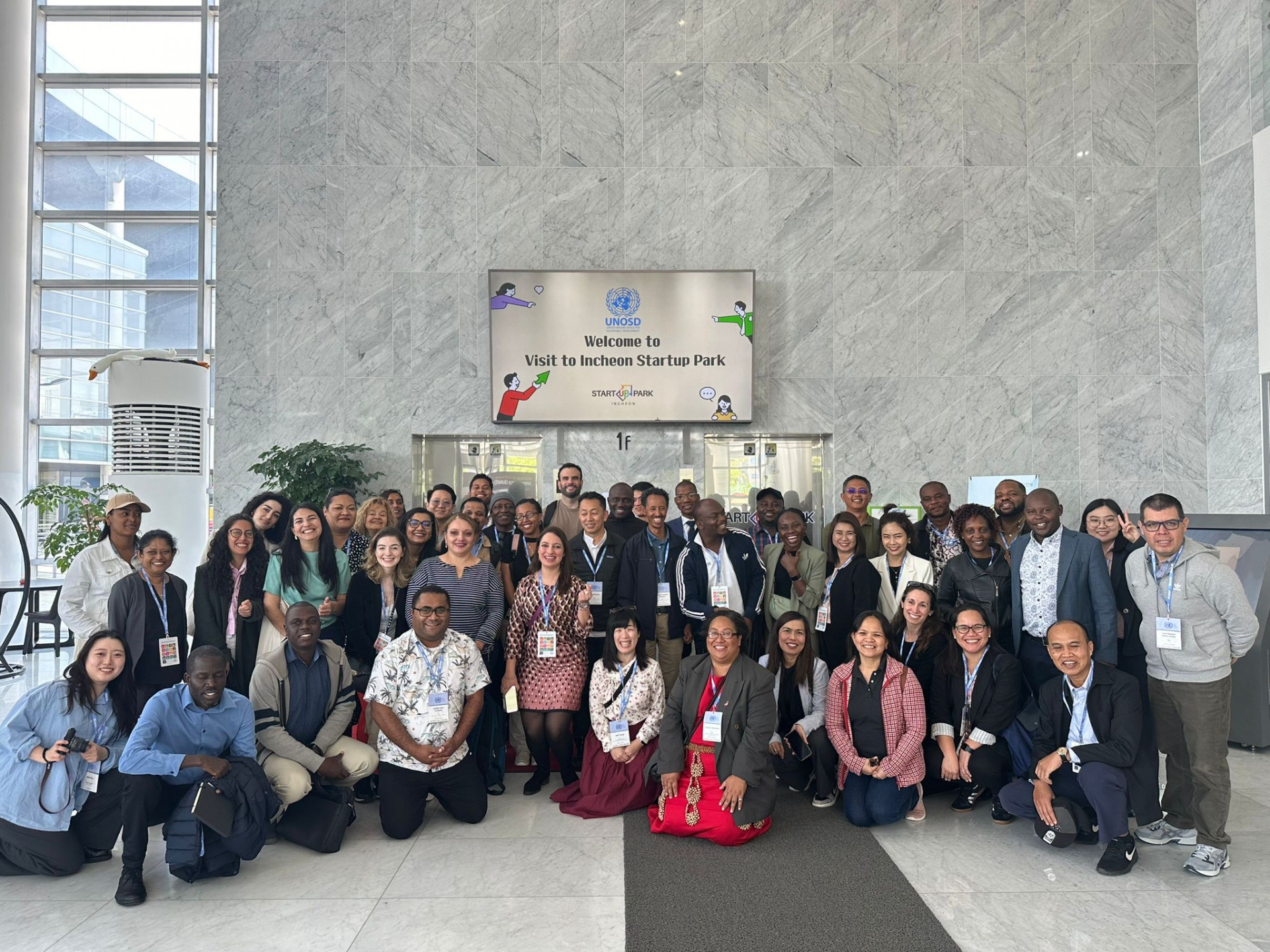Background
Aligning efforts under the 2030 Agenda with the objectives of the Paris Agreement can drive substantial and efficient progress across both fronts. The Global Stocktake (GST) at COP28 underlined that despite overall progress on mitigation, adaptation and means of implementation and support, Parties are not yet collectively on track towards achieving the purpose of the Paris Agreement and its long-term goals. The GST further emphasized that finance, capacity-building and technology transfer are critical enablers of climate action and underlined that just transitions can support more robust and equitable mitigation outcomes, with tailored approaches addressing different contexts. The next round of Nationally Determined Contributions (NDC 3.0), due in 2025, is a critical moment for enhancing climate commitments and improving Parties’ approach to the climate crisis.
Today, many countries have aligned their national development plans with the Sustainable Development Goals, however, national plans are not necessarily aligned with climate action and NDC commitments. More action is needed on the alignment between NDCs and national developments plans to harness the potential opportunities to accelerate progress on climate action.
2024 Executive Training Course for Policymakers on the 2030 Agenda for Sustainable Development
With an aim to build capacity of public servants in developing countries to achieve the Sustainable Development Goals (SDGs), the Executive Training Course for Policymakers on the 2030 Agenda for Sustainable Development regularly takes pace in Incheon, Korea, where around 70 participants gather every year.
The Executive Training Course for Policymakers aims to assist UN Member States in adopting a systems-thinking approach to SDG planning and review and NDC 3.0 planning and implementation. Voluntary National Reviews serve as periodic review tools for SDG implementation, however these review past progress, while NDCs are forward-looking. Most importantly, SDG planning processes, integrated into national plans, are the ideal central roadmap for integrating NDC commitments as well. A focus on building national capacities for integrated national planning on climate action’s role within sustainable development is therefore a key learning objective of the course.
The United Nations Office for Sustainable Development (UNOSD) plays a crucial role in assisting Member States in achieving the 2030 Agenda and the Sustainable Development Goals (SDGs) through capacity building, knowledge sharing, policy advisory, and partnership. Among its notable initiatives, UNOSD organizes the annual Executive Training Course for Policymakers on the 2030 Agenda for Sustainable Development.
This training course was designed to equip policymakers from developing countries with the necessary knowledge, skills, and tools to effectively implement the 2030 Agenda and the SDGs at the national level. This year's training focused on aligning the 2030 Agenda and the Paris Agreement, and integrating SDG implementation and climate action.
RCC Asia-Pacific collaborated with UNOSD to prepare and deliver this training by bringing technical expertise on the NDCs, while UNOSD and the Economic and Social Commission for Asia and the Pacific (ESCAP) led the conversations on the SDGs and the Voluntary National Reviews (VNRs).
Objectives & Outcomes
The main objective of the 2023 Executive Training Course was to enhance the knowledge, skills, mindsets, and overall capacities of member states in implementing sustainable development planning, policymaking, and policy shaping through an integrated approach.
The course achieved the following key objectives:
- Strengthened practical knowledge and skills for aligning and integrating SDG planning and climate action through NDCs and VNRs, including through a practical focus on investment, financing and data methods for integrated preparation and development of these instruments;
- Facilitated networking and the exchange of practices and case studies among public policymakers; and
- Fostered peer-to-peer collaboration and enhanced partnership-building capacities across government agencies and departments to ensure integrated and evidence-based policymaking and reporting on sustainable development and climate action.
Credit: UN Climate Change / UN Office for Sustainable Development

